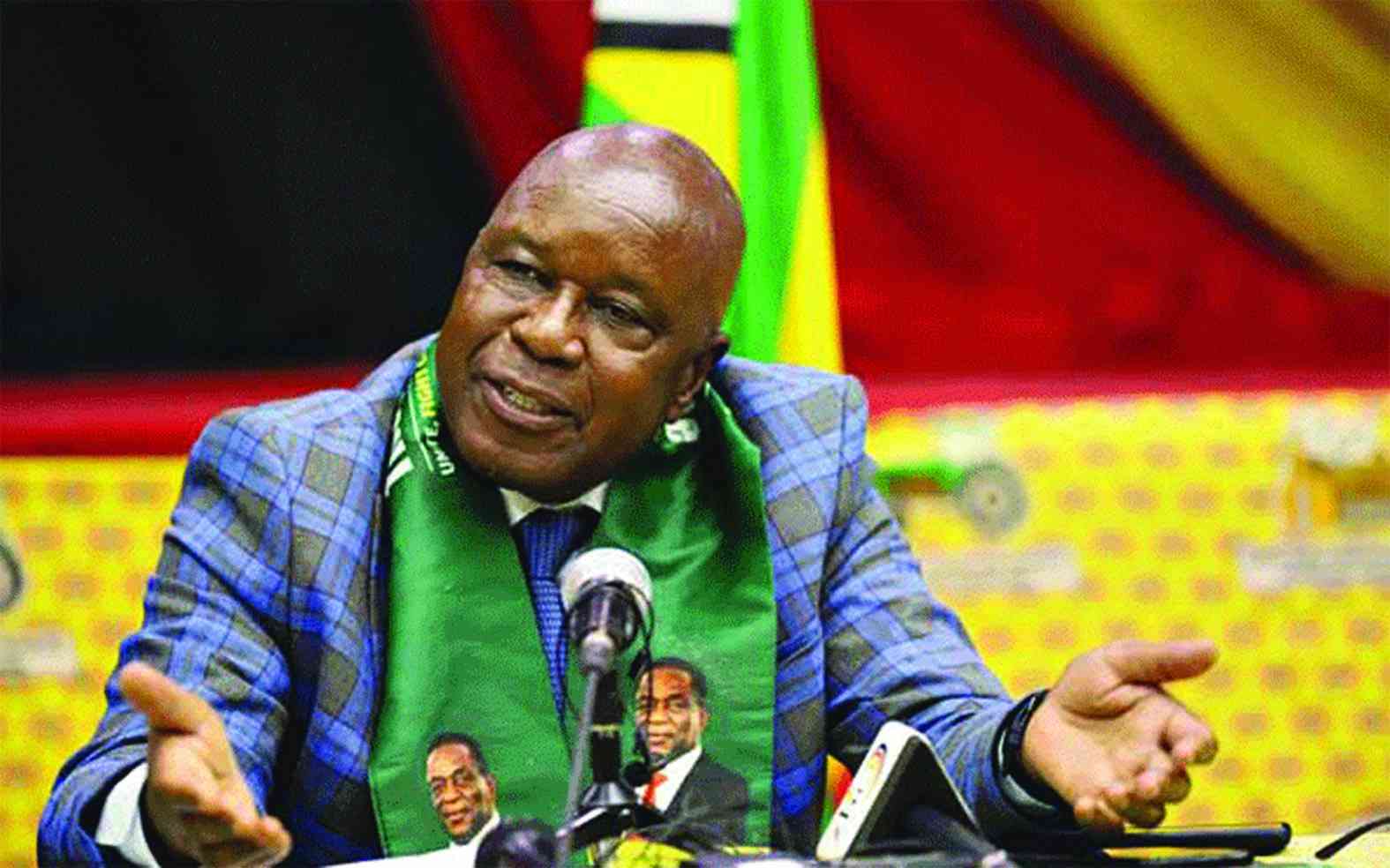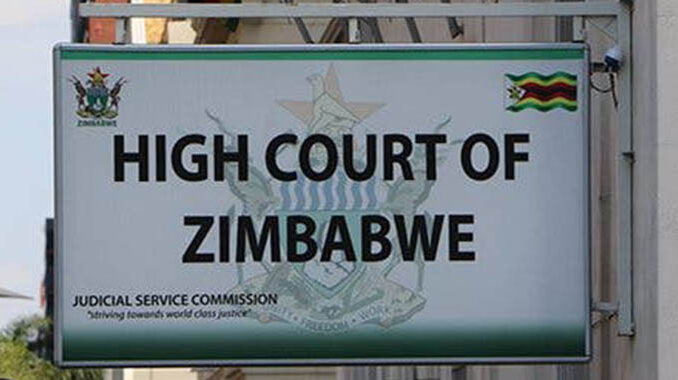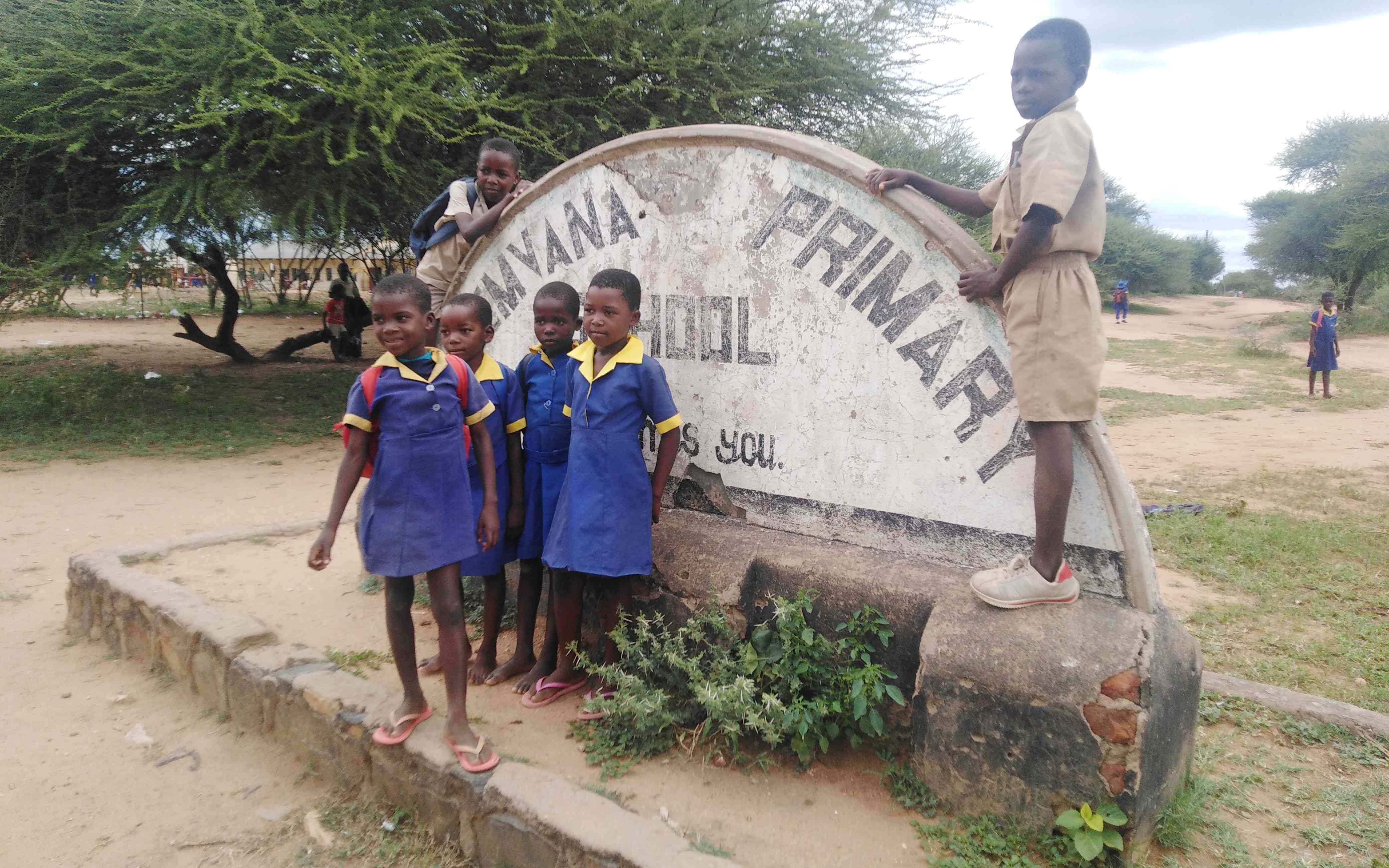A human trafficking victim from Harare is haunted by the horrendous ordeal she went through, which included being drugged and forced to have sex with a dog by her employer in the Middle East.
With few employment opportunities in the country, desperate Zimbabweans are making a beeline to foreign embassies to try and escape the country’s never ending socio-economic problems.
While some Zimbabweans have been lucky to get visas and jobs in foreign lands, others have been unlucky and fell prey to tricksters involved in human trafficking.
Fifty-two-year-old Constance Mangoma* from Glen Norah is one such victim who was tricked by agents who misrepresented to her that she was going to practice nursing in Kuwait.
“I still remember every detail as if it happened yesterday. I want to move on, but it’s still hard to forget it,” she said.
She left the country in May 2020.
“I was contacted by a certain sponsor in Kuwait who said that she had connections who could assist me to get a job,” she narrated.
“I am a single mother; I left my two children with my mother and sold the house in Glen Norah so that I could pay for my air ticket and other necessary documents that I would need.
“When I got there, I realised that I had been lied to and trafficked.
“My sponsor took away my travelling documents, money, cell phone and forcefully did blood tests on me checking if I was HIV positive or not.”
She added: “After that she drugged me and all I can remember is that I woke up in this funny room full of women who were dressed like sex workers.
“There were women of all ages, even young girls who were being used as sex slaves.
“Everything was planned so fast.”
In 2020, Zimbabwe recorded 100 cases of human trafficking, with children included.
Repeated efforts to get latest statistics of human trafficking for the past three weeks from national police spokesperson Assistant Commissioner Paul Nyathi were fruitless.
Cases of human trafficking have been rampant in Zimbabwe where traffickers use false promises of legitimate employment opportunities, particularly in nursing.
Victims have found themselves trapped in sex trade and forced labour particularly in the Middle East.
Once there, the job seekers discover that they are trapped as slaves in the Middle East.
In March 2022, Home Affairs permanent secretary, Aaron Nhepera said the ministry had “repatriated people who have been trafficked to other countries”.
The Glen Norah woman revealed how she was forced into sex trade.
“First day, I was forced to sleep with a dog while I was being recorded on video,” she said.
“After that I was told that I will be sleeping with five men every day, but the number kept on increasing
“I was helpless to do anything about it. They threatened to beat me up or even kill me if I failed to follow their orders.
“I was treated like an animal. I lost weight, I got sick.
“Those who fell pregnant were either killed or forced to get an abortion.
“I missed home, I missed my children. I never thought I would see my family again.”
The victim was eventually rescued by one of her clients whom she had created a relationship with, but for a fee.
“One of my clients said he would assist me by stealing my travelling documents from my employer if I gave him US$9 000,” she said.
“He gave me his cellphone so that I could communicate with my brother who was in Zimbabwe.
“We arranged and luckily went back home alive. I thank my ancestors.”
Human trafficking has disturbing and long-lasting effects on mental health, including post-traumatic stress disorder, anxiety, depression, anger, guilt and shame.
Experts say individuals who are victims of human trafficking may exhibit signs of emotional numbness and a dependence on substance or alcohol use. The US state department’s 2022 Trafficking in Persons Report said the government of Zimbabwe “does not fully meet the minimum standards for the elimination of trafficking, but is making significant efforts to do so”.
“These efforts included investigating and prosecuting human trafficking cases and conducting training for law enforcement, immigration officials, and other key anti-trafficking officials,” the report said.
“However, the government did not demonstrate overall increasing efforts compared with the previous reporting period, even considering the impact of the Covid-19 pandemic, on its anti-trafficking capacity.
“The government did not amend its anti-trafficking law to criminalize all forms of trafficking.
“The government did not identify any trafficking victims or provide care for victims in its designated shelter.
“The government did not convict any traffickers. Therefore,Zimbabwe remained on Tier 2 Watch List for the second consecutive year.”
* Not her real name





